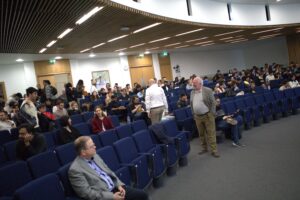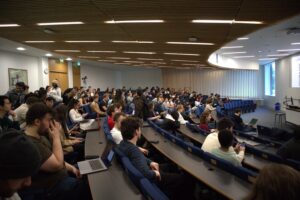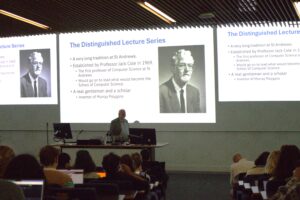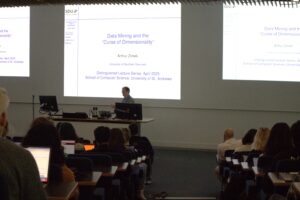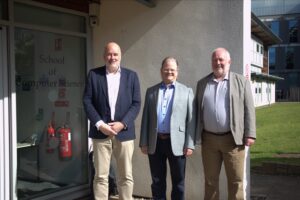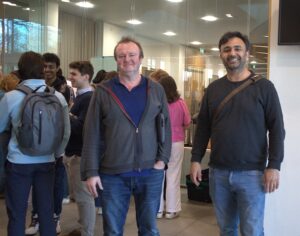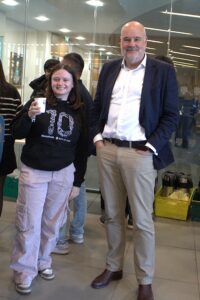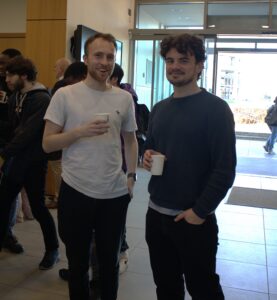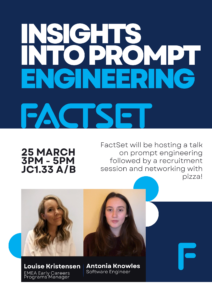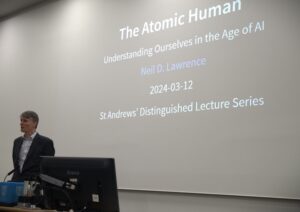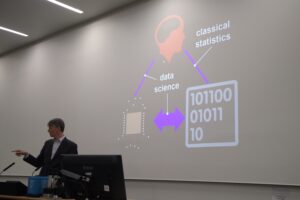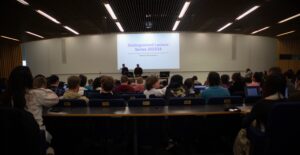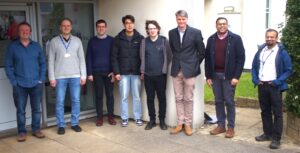The next PGR seminar is taking place this Friday 9th May at 2PM in JC 1.33a
Below are the Titles and Abstracts for Duong and Tom’s talks – Please do come along if you are able.
Duong Phuc Tai Nguyen
Title: Enhancing Dynamic Algorithm Configuration via Theory-guided Benchmarks.
Abstract: Algorithms play a vital role in numerous domains, ranging from machine learning to optimization and simulation. Developing an algorithm typically requires making multiple design choices and fine-tuning parameters, a process that can be both labor-intensive and complex. This project seeks to automate this process by employing machine learning techniques, particularly deep reinforcement learning (deep-RL). By leveraging theoretical insights from evolutionary computation, we establish new benchmarks to assess RL methods for dynamic algorithm configuration and propose enhancement techniques to increase their effectiveness
Thomas Metcalfe
Title: Listening to Rhythms: Exploring Human-Phenology Attunement through Research Products and Decentralised Computing
Abstract: Humanity and the planet are in an epoch of ecological breakdown. Modern technological cultures have severed human awareness from the living rhythms of more-than-human worlds. This research explores how decentralised, situated technologies might foster embodied attunement between humans and the phenological rhythms of place.
This seminar is a work-in-progress. 7 months into his PhD, Tom will present his journey and current thinking on the foundations and potential direction of his project. You can expect to hear how he’s trying to shift research paradigms; the profound change in the project’s onto-epistemological perspectives; and how he hopes to make a contribution to the design and HCI communities.


